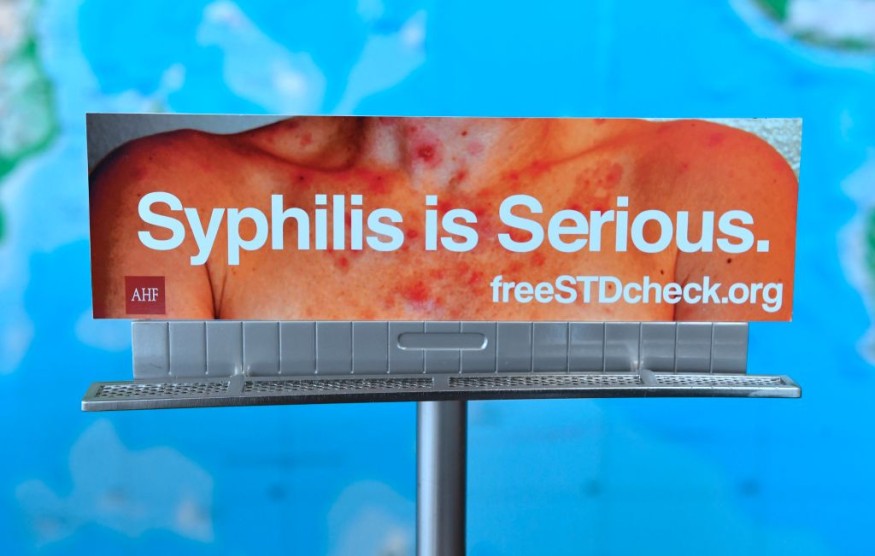On July 13, the Houston Health Department declared a syphilis epidemic after observing a 128% spike in cases among women and a nine-fold increase in congenital syphilis in both Houston and Harris County.
To combat the situation, the department plans to implement a swift outreach initiative, offering more screening options, focusing on high-risk areas, and collaborating with community partners to prevent further infections.

Syphilis Outbreak in Houston
The Houston Health Department has observed a worrisome increase in new syphilis infections in recent years. The statistics reveal a significant 57% surge in cases which rose from 1,845 cases in 2019 to 2,905 cases in 2022.
Among these cases, instances of syphilis among women were particularly concerning, escalating from 295 cases in 2019 to 674 cases in 2022. Additionally, congenital syphilis cases witnessed a dramatic upsurge from 16 cases in 2016 to 151 cases in 2021.
Marlene McNeese Ward, the deputy assistant director in the department's Bureau of HIV/STI and Viral Hepatitis Prevention, emphasized the importance of prenatal care and syphilis testing for pregnant women. Regular testing during pregnancy is crucial, as untreated syphilis can lead to stillbirth or infant mortality shortly after birth.
To address this outbreak, the department is taking proactive measures, including waiving all clinical fees for sexually transmitted infections at its health centers. Moreover, they plan to expand the use of their HIV/STD mobile clinic to reach more communities, particularly in identified hotspots, and intensify education, testing, and treatment efforts across Houston and Harris County.
Syphilis, if left untreated, can lead to severe consequences, such as increased risk of HIV infection during the primary stage, and further progression to the secondary stage, causing skin rashes, fever, swollen lymph glands, and other symptoms. Unfortunately, the signs of syphilis often go unnoticed or misinterpreted, making detection challenging.
Therefore, it is crucial for healthcare providers to promptly report syphilis infections to expedite testing and treatment for the sexual contacts of affected individuals. Early diagnosis and proper antibiotic treatment remain vital to prevent severe complications affecting various internal organs and tissues in the body.
Rising Syphilis Cases in the US
The Cleveland Clinic explains that syphilis is an STI transmitted through oral, vaginal, or anal sexual contact with an infected individual. Since it is caused by a bacterial infection, it is treatable with antibiotics. However, if not treated, it can result in complications such as nerve damage, brain damage, heart damage, and eye damage.
In the US, Forbes reported, that syphilis had nearly been eliminated by the year 2000. More than 80% of the country's counties are free of the infection. During that time, syphilis rates dropped significantly to 2.1 cases per 100,000. But after a period of decline since 1990, cases began to increase in 2001 and have continued to rise steadily ever since.
Moreover, Minnesota, and North Carolina have also recorded increasing syphilis cases. The Minnesota Department of Health recorded a 45% increase in congenital cases, while North Carolina saw a 31% increase in congenital cases and a notable 133% increase in female cases. According to CDC data, the South as a whole showed a stunning 432% spike in congenital syphilis cases between 2016 and 2021.
STD Control Program for the Jefferson County Department of Health director Edward Hook told Time magazine that the resurgence of STDs is attributed to health stigma and inadequate public health investment in the United States.
RELATED ARTICLE: STD Experts Say US Faces Out of Control Syphilis and Gonorrhea Crisis
Check out more news and information on Syphilis in Science Times.












